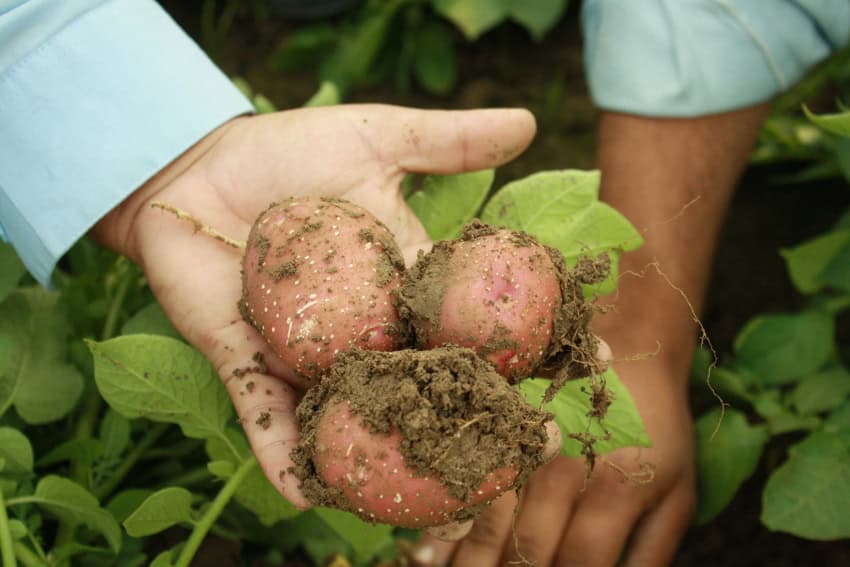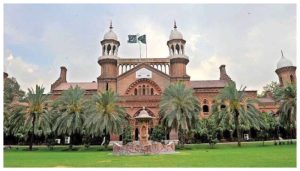HARIPUR (Staff Report) – Minister of State and Chairperson BISP, MNA Marvi Memon has launched a campaign for `Climate Smart Villages’ here by training BISP women beneficiaries to prepare `Bio Briquette (Blackgold) in the wake of severe climatic effects causing damages upon infrastructure
and human lives.
The Minister undertook this initiative while returning from the devastated area of Pattan in Kohistan where she along with MNA Sarzameen Khan, condoled the bereaved families of those who died due to torrential rains and massive land slidings. She visited the area as a representative of the Federal Government.
Bio Briquette (Blackgold)’ is an efficient, cheap and environment friendly fuel which is prepared by burying and burning dry leaves and organic wastes in the earth.
The resultant ash called `Charcoal’, combined with soil is put in a casting box and a solid block is prepared which burns much longer than wood, with much less smoke. This is low cost fuel used in many countries of the world.
While addressing beneficiaries on the occasion, Chairperson BISP said that in order to meet fuel needs in the mountainous areas, people cut trees indiscriminately that result in deforestation. Deforestation enhances the severity of land sliding and floods. She stated that this alternative fuel will not only save mountains from deforestation but will also benefit poor people.
Apart from domestic use it can be sold contributing in their financial independence. This practice will help to contain the effects of the climate change and reduce the hardships of the poor people. She added that BISP will initiate this campaign in every village of the country in collaboration with Creative Approach for Development (CAD) whose CEO, Mudassir ul Mulk is the master trainer in Pakistan.
The Minister informed that she learned about Bio-Briquetting technology from The International Centre for Integrated Mountain Development (ICIMOD) during her visit to Nepal. ICIMOD is a regional intergovernmental learning and knowledge sharing centre serving the eight regional member countries of the Hindu Kush Himalayas including Afghanistan, Bangladesh, Bhutan, China, India, Myanmar, Nepal, Pakistan and also the global mountain community.
She highlighted that this is high time to transfer the skill of preparing this environment friendly low cost fuel to local population.














